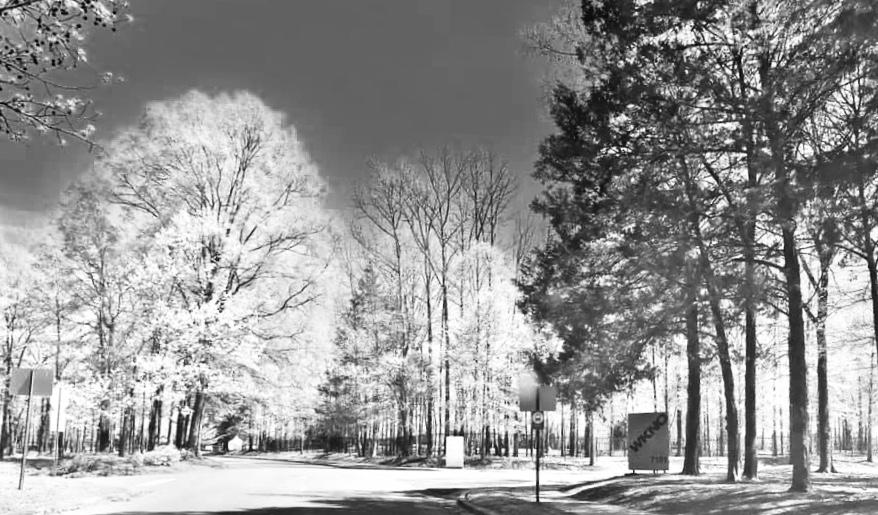Your correspondent writes to J.M Colonel Keating, who covered the yellow fever epidemics of the 1870s, about our current state of the coronavirus pandemic
Dear Colonel Keating:
I’ve been thinking about you a lot lately.
I hate to tell you that your beloved Memphis is again facing a human tragedy like the yellow fever epidemic you endured in 1878. An aggressive virus called COVID-19 is spreading throughout the city, our nation and nearly the entire globe.
I’ve read your newspaper editorials and your history of the 1878 yellow fever epidemic. They have been very helpful as we struggle against this new public health threat. I’ve been trying to follow your example by chronicling what is happening to our town in this difficult time. I’ve written articles and have traveled to many of our neighborhoods to take photographs. I hope when I am done my work, and that of my library colleagues, will be nearly as valuable as yours.
As I stood taking photos in front of Robert Howze Park on Mimosa Avenue, I heard a loud voice ask, “Are you here to make our park better?”
I turned and saw a short and wiry black woman who looked like she could carry the weight of Memphis on her shoulders. “No ma’am,” I said – then I shared with her what I was trying to do. We talked from a distance of six feet (we are told this is the best way to halt the spread of the disease).
Her name is Miss Lou-Lou and she works at a shoe manufacturer’s warehouse in Memphis. As we talked it was clear to me that Miss Lou-Lou is very proud of her community and her job.
Notice her question to me was about her neighborhood park – not herself. She told me that people ask her all the time “Why am I out here doing man’s work?”
Before she could go on I answered her. “It’s because you are strong and you are from Memphis.”
She smiled and said, “You’re right about that.”
I asked her if I could take her photograph and she agreed as long as I gave her time to go into the house and get her employee badge.

Just as it was in your time there are cruel and stupid politicians who target people like Miss Lou-Lou. Recently a small group of white-livered U.S. senators held up an unemployment relief bill because they felt some Americans would quit their jobs for a few extra dollars of temporary compensation. I feel certain you would have to drag Miss Lou-Lou kicking and screaming from that warehouse.
As we said our goodbyes, I thought of your reply to the Washington Post when it it reported that Memphis blacks were refusing to help and stealing from the sick:
“All honor to them; they have done their duty. They have acted by us nobly as policemen and soldiers, as well as nurses. They have responded to every call made upon them….The colored citizens of Memphis, as a body, deserve well of their white fellow-citizens. We appreciate and are proud of them.”
It seems to me that your editorial not only applies to black people, but to all of the working poor who do so much for our city and get so little in return.
Well, I suppose that is all for now. I hope to write you more letters as this strange time continues.
I remain, Your humble correspondent
G. Wayne Dowdy
Feature image and Miss Lou-Lou photo courtesy Wayne Dowdy.
Memphis author and historian Wayne Dowdy is the Manager of the Main Library’s Memphis and Shelby County Room. He also writes for the local monthly publication Best Times and is the author of several books on Memphis history, including A Brief History Of Memphis, Hidden History Of Memphis, and Mayor Crump Don’t Like It.

